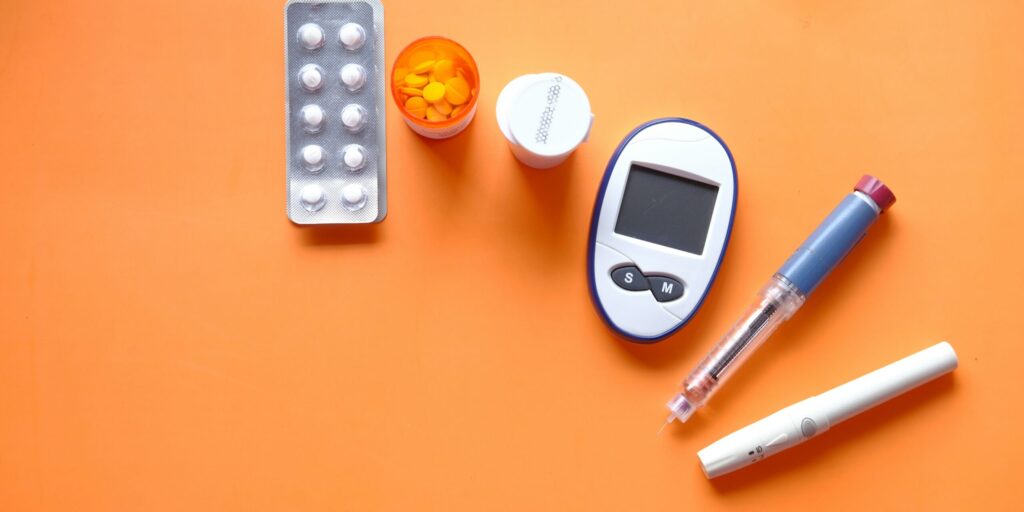In a major advancement for diabetes treatment, early results from a clinical trial have revealed a promising new therapy that may significantly reduce or even eliminate the need for insulin injections in individuals with type 1 diabetes. The trial, conducted by a team of researchers at the University of California, involved 12 participants who received a cutting-edge gene therapy treatment aimed at restoring the body’s natural ability to regulate blood sugar.
The therapy works by reprogramming the immune system and pancreatic cells to restore insulin production, which is typically impaired in individuals with type 1 diabetes. Type 1 diabetes, an autoimmune condition, affects approximately 1.6 million people in the United States alone, and currently, managing the disease requires lifelong insulin therapy.
Early Trial Results Show Significant Improvements
According to the results released on July 8, 2025, 10 of the 12 participants showed dramatic improvements in blood sugar regulation after receiving the treatment. For the first time, these individuals were able to maintain stable glucose levels without the need for supplemental insulin. The therapy appears to have the potential to reduce the dependence on daily insulin injections, which would greatly improve the quality of life for type 1 diabetes patients.
While the therapy is still in its early stages, the initial results offer hope for individuals living with this chronic condition. The trial participants demonstrated significant improvements over a period of one year, with no adverse reactions noted during the study.
A Step Toward Reducing Insulin Dependence
Experts in the field have expressed cautious optimism about the findings. “This represents a potential paradigm shift in the treatment of type 1 diabetes,” said Dr. Helena Carter, a professor of endocrinology at the University of California. “If further research confirms these results, it could lead to a new era in diabetes care, where patients can manage their condition without the need for daily insulin injections.”
However, medical professionals caution that these early results are just the beginning. The treatment is still undergoing further clinical trials to assess its long-term safety and efficacy. More studies are required to determine whether the therapy can be safely applied to a broader population of type 1 diabetes patients.
A Potential Game-Changer for Diabetes Care
While a cure for type 1 diabetes remains elusive, breakthroughs like this gene therapy treatment could lead to significant improvements in patient outcomes. Researchers are already planning larger trials to further investigate the therapy’s effectiveness and expand its applications to other autoimmune conditions.
If subsequent trials are successful, this could mark a major milestone in the fight against diabetes. For now, scientists are eager to continue refining the treatment and exploring its broader potential for long-term diabetes management.


